Lower voting age encourages civic engagement
Seniors display their “I Voted” stickers as a badge of honor, representing civic and social engagement.
As America’s youth become more and more vocal in the political scene, the debate of whether or not the voting age should be lowered to include them has been gaining traction very quickly. Some politicians, such as Bernie Sanders and Andrew Yang, have openly advocated for the voting age to be lowered to 16, while other politicians such as Ted Cruz and Donald Trump have advocated against it.
A Hill-HarrisX poll showed that 75% of the general population does not support lowering the voting age to 17, and 84% of the population does not support lowering the voting age to 16. Seeing these numbers, one would think that the argument against lowering the voting age would be stronger, but I would argue that these numbers are so high because America has always been uncomfortable with making changes to long-standing institutions. In my opinion, the smartest option would be to lower America’s voting age to 16, and there are several strong arguments that help to support this claim.
Lowering the voting age to 16 would lead to a sharp increase in civic engagement for years to come. Of the 35 nations that have democratic elections with voter turnout percentages being recorded, the United States ranks 30th in average voter turnout. America consistently has low voter turnout in presidential elections, and even lower voter turnout in midterm elections. However, lowering the voting age would leave much more of the population eligible to vote, leading to higher voter turnout on average.
Giving the option to vote at a younger age would make it easier to turn voting into a habit. If young voters were able to vote in their formative years, they would begin to try to become more in touch with their government and the political scene, and be more inclined to vote in elections. Research shows that voting is largely habitual and starting that habit as young as possible would help to boost civic engagement for future generations. Should America’s civic engagement levels rise, it would help to make America’s democratic elections more democratic.
Another reason for lowering the voting age to 16 is that it would lead to an increase in the political literacy of America’s population. If high schoolers were able to vote, civics and political education would be forced to become a higher priority. Education in regards to America’s political scene, civil rights and civic engagement would increase exponentially, leaving newer generations much more politically literate, politically active and much more invested in the well-being of their community.
Some may argue that 16 is too young to become politically literate and develop one’s own opinions or that 16 year olds “don’t know enough about what they’re doing” to vote. However, there is no political literacy test for registered adult voters as well to determine the extent of their political knowledge. If anything, younger voters would be more knowledgeable than a lot of registered voters as their civics education is still ongoing and fresh in their mind. Lowering the voting age to 16 would make schools a political melting pot that would eventually produce a more politically literate and civically engaged generation.
Perhaps the strongest argument for lowering the voting age to 16 is how minors are affected just as much as adults by certain political decisions, so naturally they should have the same amount of political sovereignty. For example, a majority of high schoolers work, yet they have no say in minimum wage, amount of hours they can work, or on the taxes deducted from their income. High schoolers may drive, yet they have no say in transportation plans.
Most important of all, upwards of 66% of high school graduates go to college (according to admissionly.com), yet they have no say in policies that regard college tuition and loan debt. It would be unfair for those who are not in college to be the sole decision makers for those who are going to be very soon. Political decisions can affect those between the age range of 16-18, so there is no reason for them not to be included in the decision-making process.
The arguments for why the voting age should be lowered are strong and numerous. Not only would lowering the voting age to 16 be beneficial to those between the ages of 16-18, it would be beneficial to future generations, as well as America’s population as a whole, considering it would help elections to be more representative of the general population. High political literacy, high civic engagement, and high representation are essential to keep America’s democracy going, and lowering the voting age to 16 would be a crucial step towards doing so.

Luke is a senior at Clover Hill High School and in his first year of writing stories for the Cavalier Chronicle. He has had a love for writing from a very...


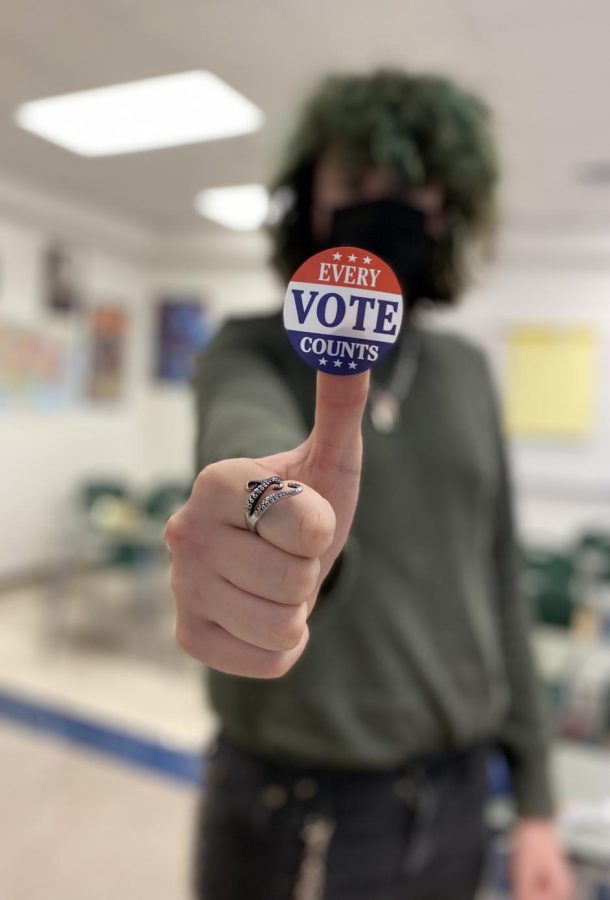
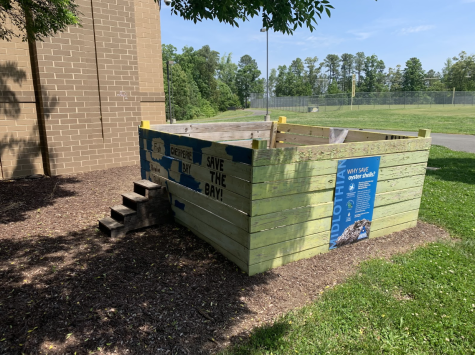
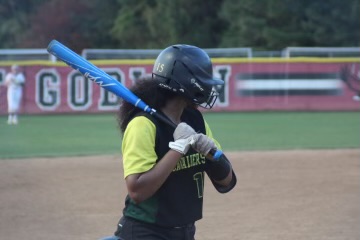
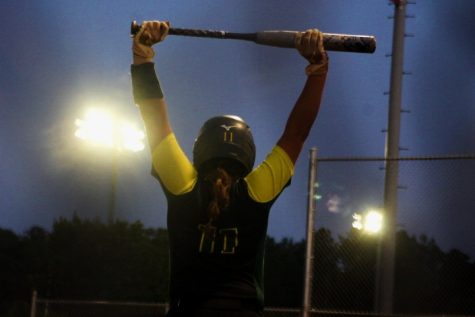


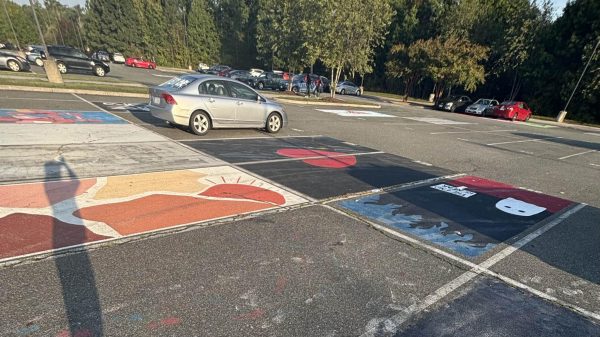




emily taylor • Feb 18, 2022 at 12:17 pm
I for one think that this was a very impressive article. By that age, young citizens have more than enough access to media and news outlets to educate themselves on matters important to them and their community. Lowering the age, even to those who do not choose to vote straight away, puts more of a push on young adults/teenagers to make time and think about their civic duties and right as a citizen! Representation of the newer generation is just as important as those older! Thank you for recognizing and explaining that! After-all, us young-ins will be the ones effected the most come adulthood :)! This was the bomb dot com, thank you so much Luke Taylor, Staff Writer
Dawn Taylor • Dec 9, 2021 at 8:26 pm
Wow Luke. Impressive article. We are so proud of your journalistic skills. I challenge you though to go back to the history you speak of & tell me how much more politically literate & civically engaged the younger population became after the legal voting age went from 21 to 18. Voting was not necessarily created for the politically smart people but instead for the life experienced folks. Someone who has gone to work & supported others for more than 20 years vs a few months. Maybe the goals you speak of could be obtained a different way. Once again I challenge you to think outside of the box. What if from 16 to 18 those who desire to be politically literate & civically engaged worked the polling stations & donated their time volunteering for things like driving senior citizens to polling locations or going out and campaigning for those that represent their values. I am proud of you truly. You are growing up well but slow down & enjoy the experience don’t try to rush growing up.